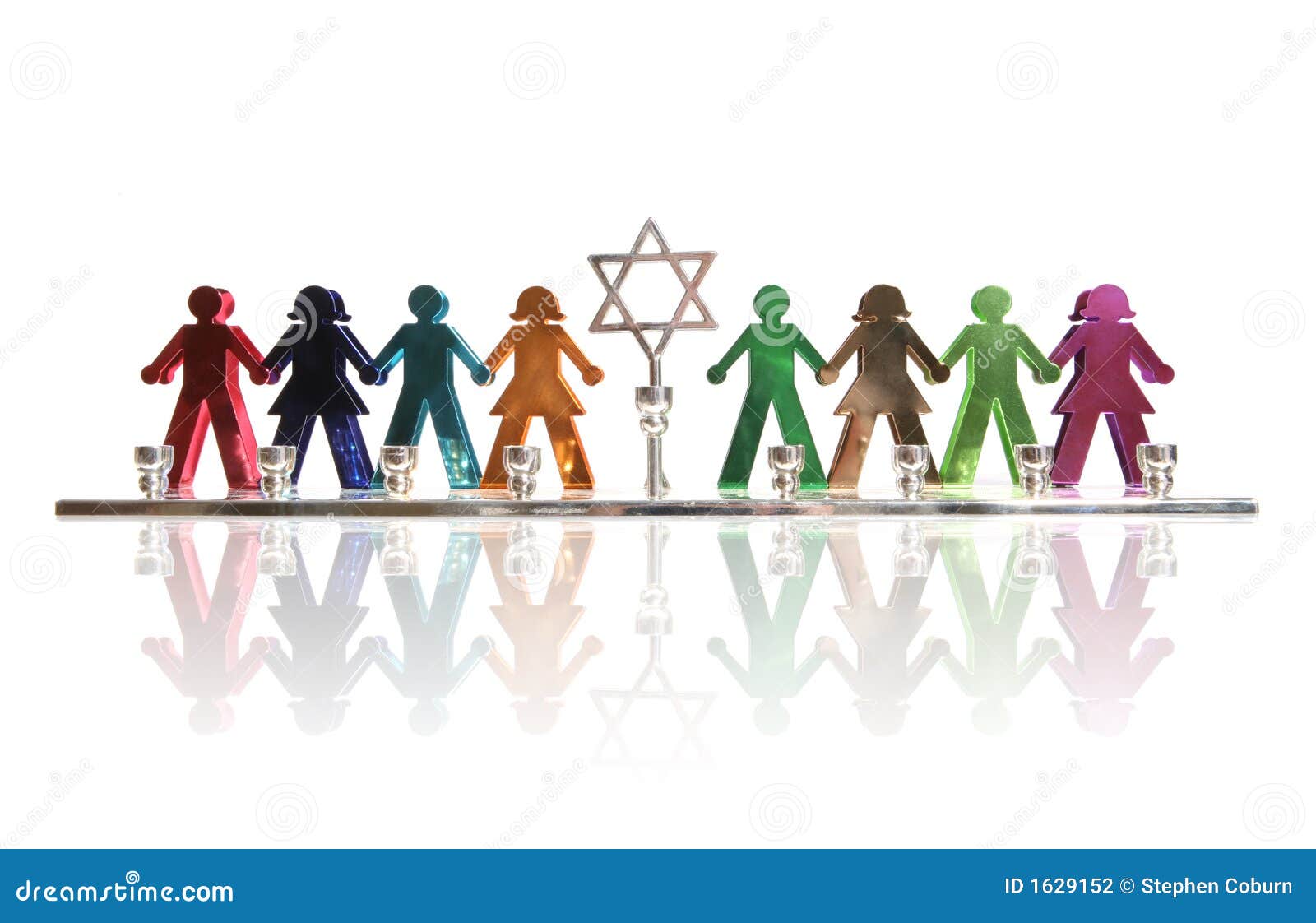 |
A fun Dreamstime image with people of several colors
though perhaps only hidden disabilities |
RantWoman here takes a break from total self-absorption with an eye to sharing other voices
An excellent video from Canada with a stop on the way for some RantWoman opinions
Extract from promo email about an excellent local projects; RantWoman will now be seasoning whether and how to help season the conversation with some topical infrastructure jargon and commentary about disability matters. RantWoman is glad, although the alt text does not say so, that the group photo below includes a child in a stroller. RantWoman may need to riff on that..
Inspiring New BIPOC Report on Community Safety
Dear (RantWoman)
Everyone deserves freedom of mobility and safe access to public streets. Yet what it means to feel safe while navigating our streets can mean different things to different people.
For Black, Indigenous and other People of Color (BIPOC) communities who have been disproportionately harmed by unsafe streets and unequally punished by an unjust system of traffic enforcement, what does community safety mean? And what would help people feel more safe on our streets and in our shared public spaces?
Whose Streets? Our Streets! – an all-BIPOC workgroup launched by Seattle Neighborhood Greenways in 2020 – has been working to answer these questions and advocate for BIPOC community safety.
We intentionally center BIPOC voices, experiences and leadership in all that we do. We use anti-racist organizing principles to develop relationships with groups led by and serving Seattle's many diverse BIPOC communities. We also work to build community skills and confidence through peer-to-peer skill sharing, mentorship and support. |
|
 | Whose Streets? Our Streets! members pictured: Alex Lew, Liletha Williams, Dee Haile, Ethan Campbell, Ardell Shaw, Renee Releford, babygirl Releford, Renaissance, Clara Cantor, KL Shannon & Dawit Ayana. |
|
Through listening sessions and community outreach this year, we heard from BIPOC communities – and the Black community in particular – that people experience an overwhelming amount of fear and anxiety just existing out on the street and in public places, and getting from point A to point B. The primary concern is harassment and fear of harassment – by police especially, but also by other people in positions of power such as bus drivers or fare enforcement officers, and by other members of the public.
We just published these findings and more in a report to the Seattle Department of Transportation (SDOT). BIPOC-Led Solutions for Community Safety details how street safety is more than safety from vehicles. It describes how improving infrastructure on our streets – like adding crosswalks or bike lanes – is critical but insufficient.
One of the most powerful listening sessions we did this year was with BIPOC youth. It was planned, led and facilitated by young people from our team working together with the NAACP Youth Council. It was amazing to see our youth speaking out about their experiences and the injustices they see and sharing their brilliance. |
|
|
What’s next? As we distill our findings into an updated Whose Streets? Our Streets! policy agenda, we're mobilizing to:- End traffic stops for non-moving violations in Washington and redirect resources from punitive enforcement to safety, as part of the Traffic Safety for All coalition.
- Permanently move parking enforcement to SDOT from SPD for the best safety and equity outcomes, when City Council takes this up again in the spring.
- Make sure next year’s expansion of the school zone speed camera program is equitable. This means not concentrating cameras in communities of color and offering accessible alternatives to people who can’t afford high ticket costs while continuing to push for a tiered or non-punitive system.
|
|
With a growing community coalition and committed allies, we remain dedicated to organizing BIPOC communities to gain full and free use of our streets and public spaces.
Donate today to power our work ahead. Together we can see this vision for mobility justice through. |
|
| Thank you for being part of our movement, |
|
KL Shannon
Community Organizer and Chair, Whose Streets? Our Streets! |
|
|
|









No comments:
Post a Comment